Animal
Lead the pack.
On this life-rich planet, humanity’s challenges are rarely ours alone. We’re intimately connected to, and responsible for, millions of different creatures. Applying science to ensure our relationships with the animal world are healthy and productive is a vital and rewarding task - and one that’s changing fast.
Where will animal science take you?
A
Animal behaviourist
Consulting with exotic pets, preparing dogs for adoption and training animals to comfort children with autism and anxiety; mastering animal behaviour already offers many exciting roles and career paths.
But it’s only just getting started. Tomorrow, you might replace sniffer dogs with genetically-engineered moths and help develop AI-supported animal translators!
Animal scientist
Conduct experiments in controlled breeding or in embryo manipulation. Animal scientists also investigate nutritional values of different feeds and environmental conditions necessary to improve productivity and quality.
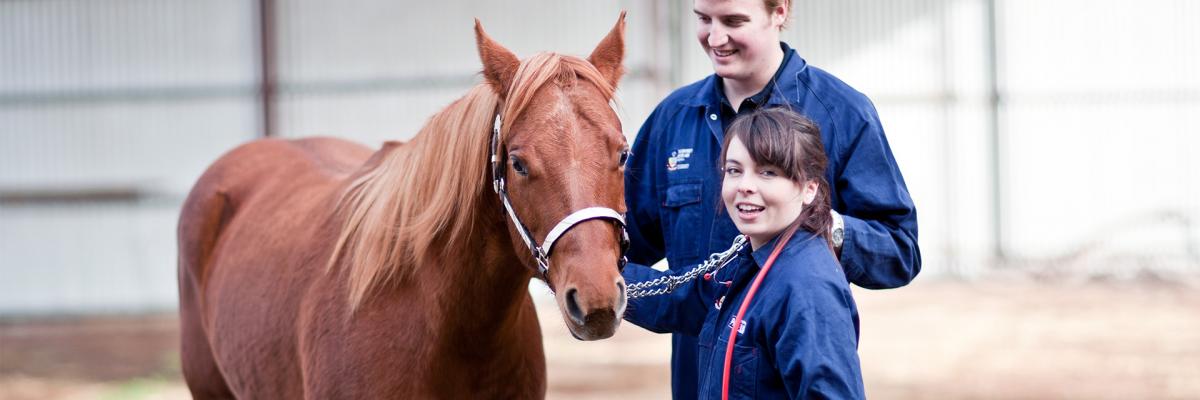
B
Biodiversity officer
Help protect, manage and enhance the local environment through working with national parks and wildlife, conservation groups, government or non-government sectors and possibly even mining companies.
Biosecurity officer
You can expect to protect our regions and communities from all sorts of pests and pathogens as a future microbiologist and biosecurity officer.
It’s a fascinating role with a critical part to play in maintaining not only animal health, but agricultural and human.
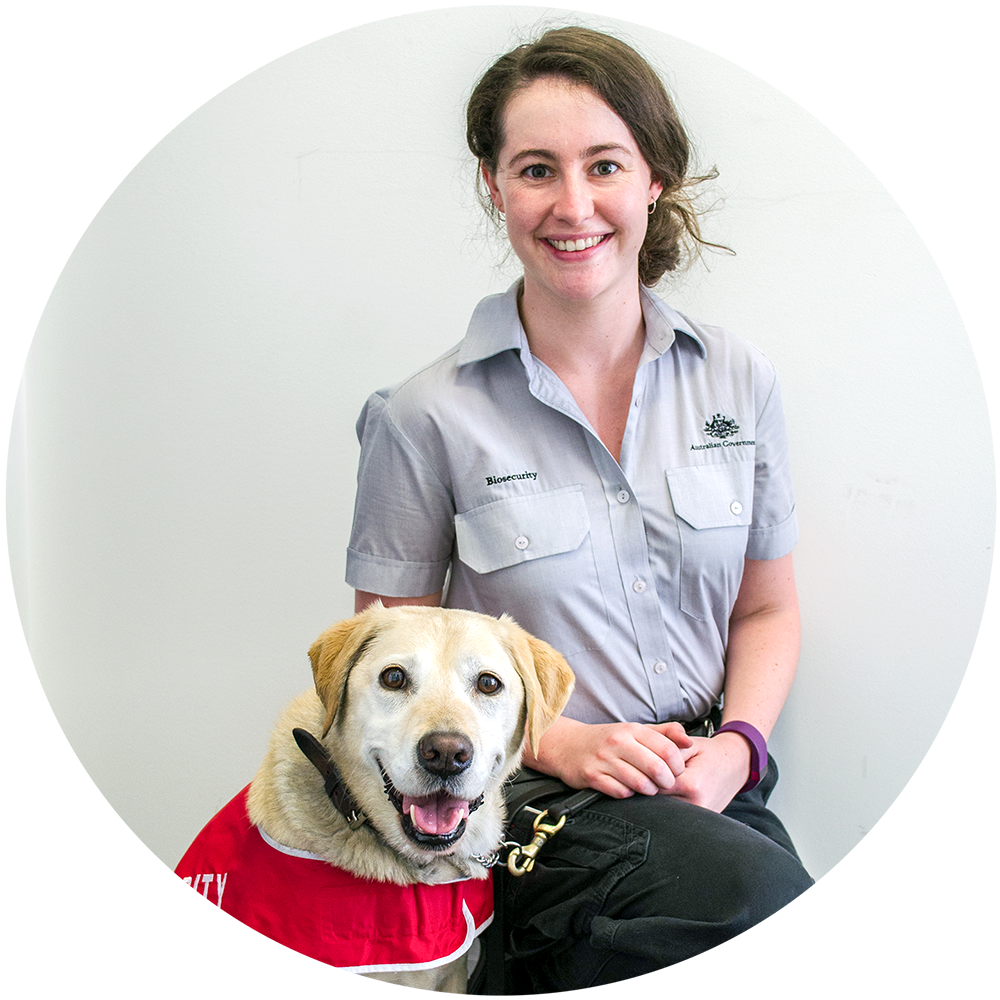
From student to detector dog handler & biosecurity officer
Lucy - Melbourne Airport
"Studying animal science helped me gain the knowledge of why it is so important to protect Australia's border, as well as practical experience with dog behaviour and training." - Graduate of the BSc (Animal Science)
Biomedical scientist
DNA-encoded antibodies which target deadly viruses, transplanting stem cells into patients, developing cures for Alzheimer’s or perhaps printing organs.
If you like the idea of developing vaccines or new products and ways to treat patients and have the potential to extend or save lives, this is the job for you.
Business development manager
Mix business know-how with scientific inquiry to help develop, manufacture or market products which require specific discipline knowledge due to their complex and innovative nature.
Think food safety, medicines and medical testing equipment or perhaps even precision agriculture.
C
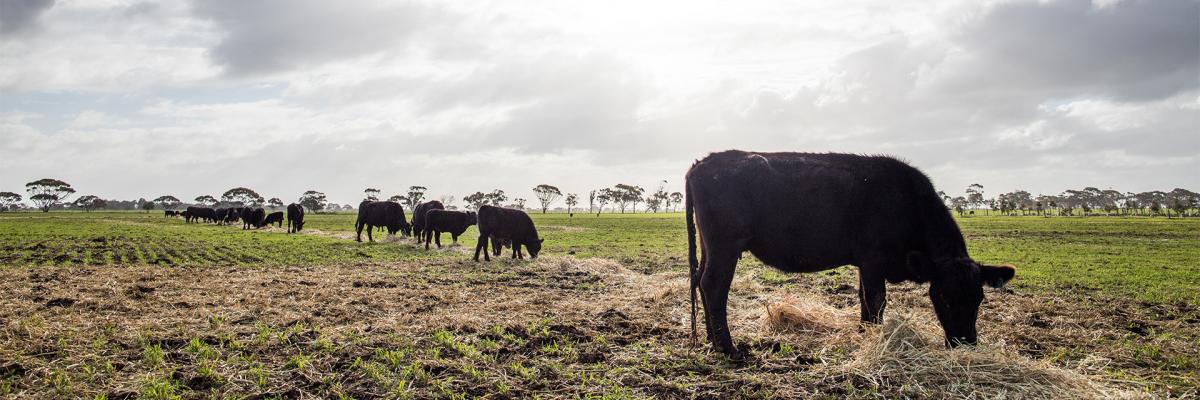
Communicator or teacher
With scientific knowledge and understanding in such incredible demand worldwide, one of your most rewarding career paths could be to ‘turn the scientific light on’ for others.
You could engage the public as a science educator or journalist. You might develop a ‘citizen science’ app. Or maybe you’ll argue for science-backed change in a cinema-release documentary.
Crop scientist
Apply your expert knowledge to develop new processes and applications which solve local or global problems related to growing food, feed and fibre.
Think crop production in drought affected regions; pollution control; pest management or new ways to improve soil health.
E
Entomologist
As an expert on insects, you might investigate the cause of outbreaks, such as fruit fly, or research control methods through integrated pest management solutions, biological control or chemical means.
Ecologist
Ecosystems are a complex and delicate balance of nature. Even the slightest change can prove extremely disruptive.
You’ll help balance the interrelationship between organisms and their environment and make decisions which reduce our impact on the world around us.
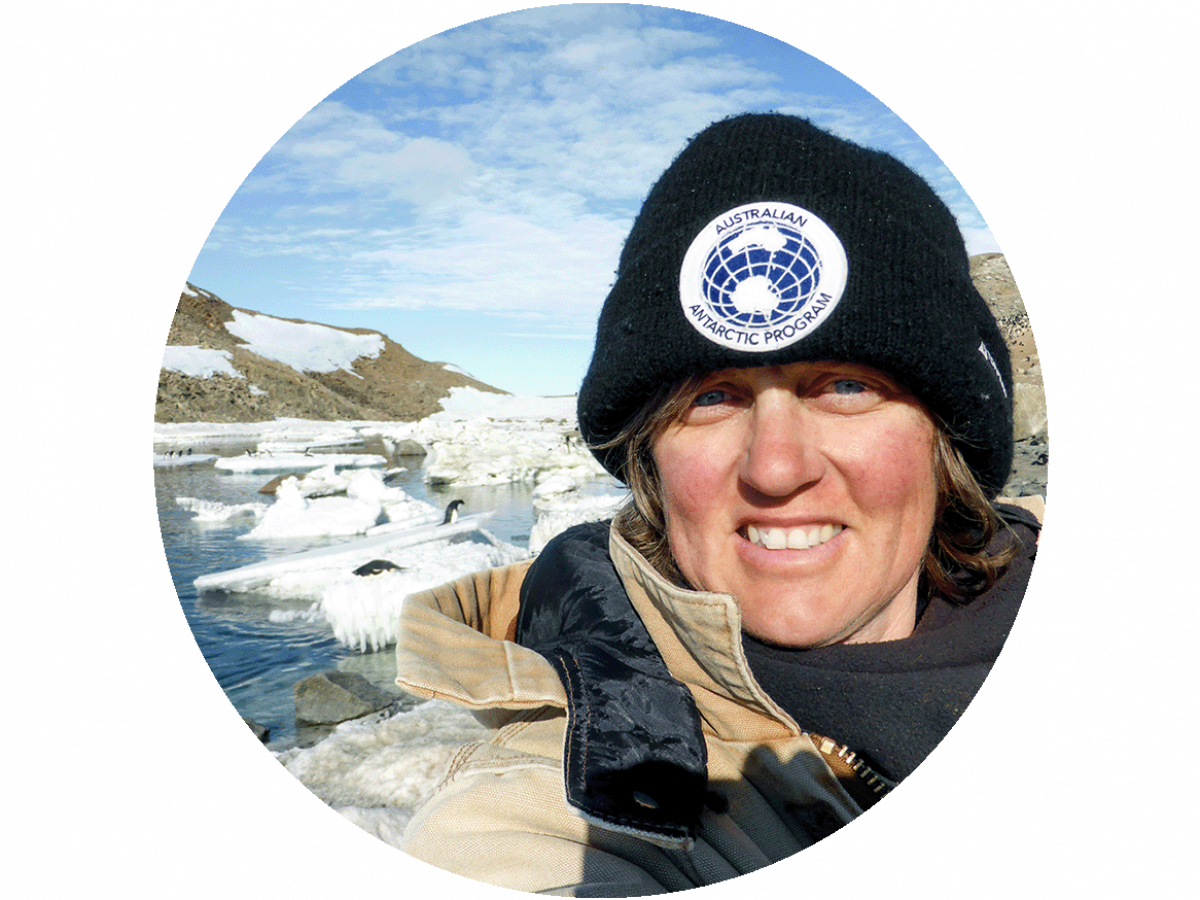
From student to ecologist
Dr Louise Emmerson - Australian Antarctic Division
"The education I received at the University of Adelaide provided me with the confidence and ecological foundation to apply the skills developed from studying semi-arid vegetation to leading research on seabirds in Antarctica." - Graduate of the BSc (Hons)
Environmental manager
Forest protections, national parks, fishing guidelines, wildlife sanctuaries, sustainability policy - generating change is as much a profession as a science.
As an environmental manager you will play a huge role in determining the way forward for our planet and species.
Entrepreneur
If Elon Musk can do it, so can you. Entrepreneurial scientists can blaze trails in any field.
You could develop and market anything from state-of-the-art space-travel technology and life-changing pharmaceuticals, to disease-preventing pet care products, new and sustainable food products, and waste-converting energy delivery.
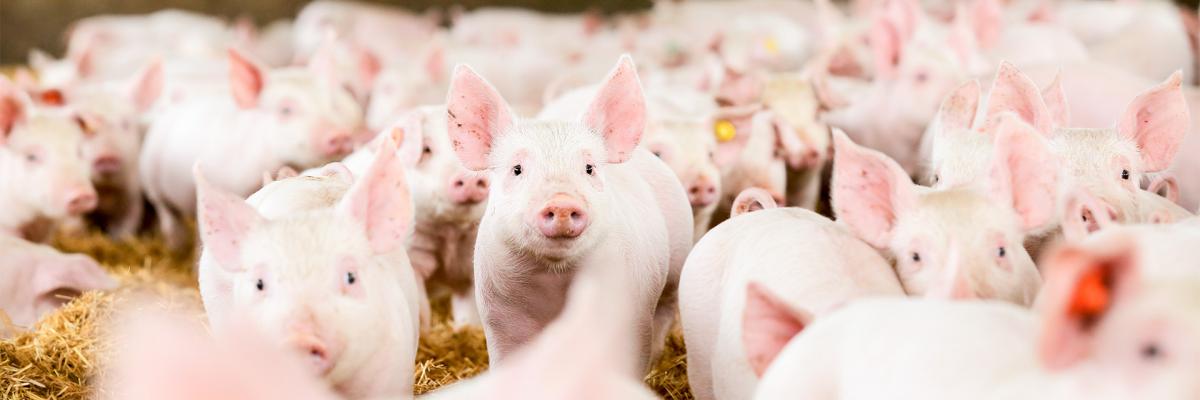
F
Farmer
Yesterday’s farmers brought us irrigation, selective breeding and livestock production.
Tomorrow, working in agriculture could involve skyscraper greenhouses, underwater biospheres, georeferencing drones, chemical cloud seeding and crops grown in nutrient-enriched oxygen.
Fisheries researcher
Assess and advise governments and industry on things like introduced species, population numbers, migration patterns or the impact of pollution in our waterways.
Your advice helps develop marine conservation and fishing policies, including in aquaculture.
Food scientist
Pasteurisation, carbonation, flavour creation - food scientists have been changing our edible environment for centuries.
Now, they’re concocting a sustainable future by making ice cream from potatoes, cow-free meat and milk, insect-based pet and livestock products… even jellyfish chipperies.
Food technologist
Past technological progress has delivered microwaves, vacuum packaging and freeze-dried fruit.
Now it’s predicted food technologists will normalise 3D printed pasta, ultrasound-extracted oil, shockwave-tenderised meat, intelligent frying pans and mind-reading menus.
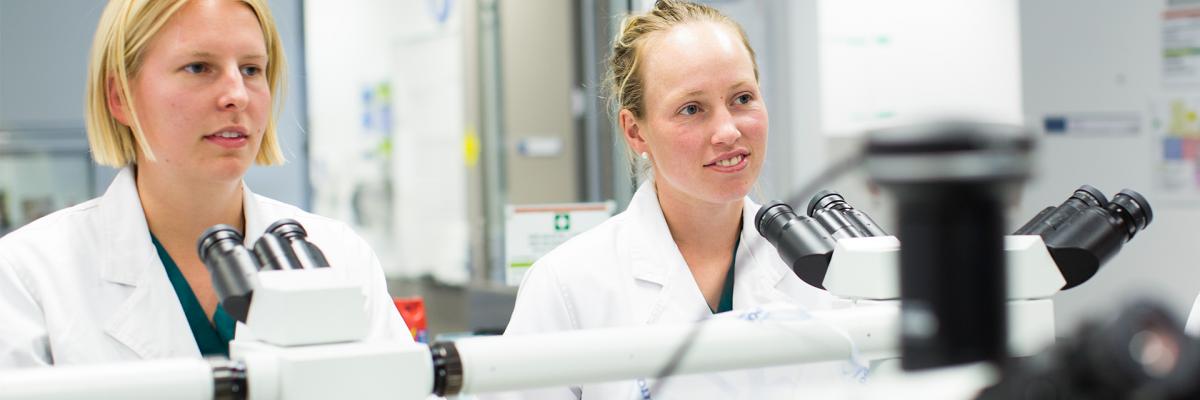
G
Geneticist
With access to high-throughput DNA sequencing, the importance of genetics has increased in leaps and bounds.
You could interpret the molecular cause of disease, decipher human genealogy, generate of drought resistant crops, manage the breeding of livestock, or oversee breeding programs for endangered species.
I
Innovation manager
Innovation is a key driver of scientific discovery. Big changes are underway in industries like medicine, agriculture and pharmaceuticals and they will accelerate in years to come.
As an innovation manager you can apply your scientific skills in any number of ways, from clearing the ocean of plastics, to pioneering a new biofuel or helping to launch new technology into space.
L
Laboratory technician or manager
If you love working in a lab, this job is a great option.
You will assist scientists by collecting and preparing samples, carrying out experiments and recording and presenting results for critical analysis. Once you gain experience you might manage a small team of people to ensure the smooth running of the laboratory.
Livestock scientist
Many scientists work hand-in-hand with farmers to improve their livestock’s health and welfare.
Management and breeding practices are constantly advancing in line with new tech, research, ideas and environments - with animal science leading the charge.
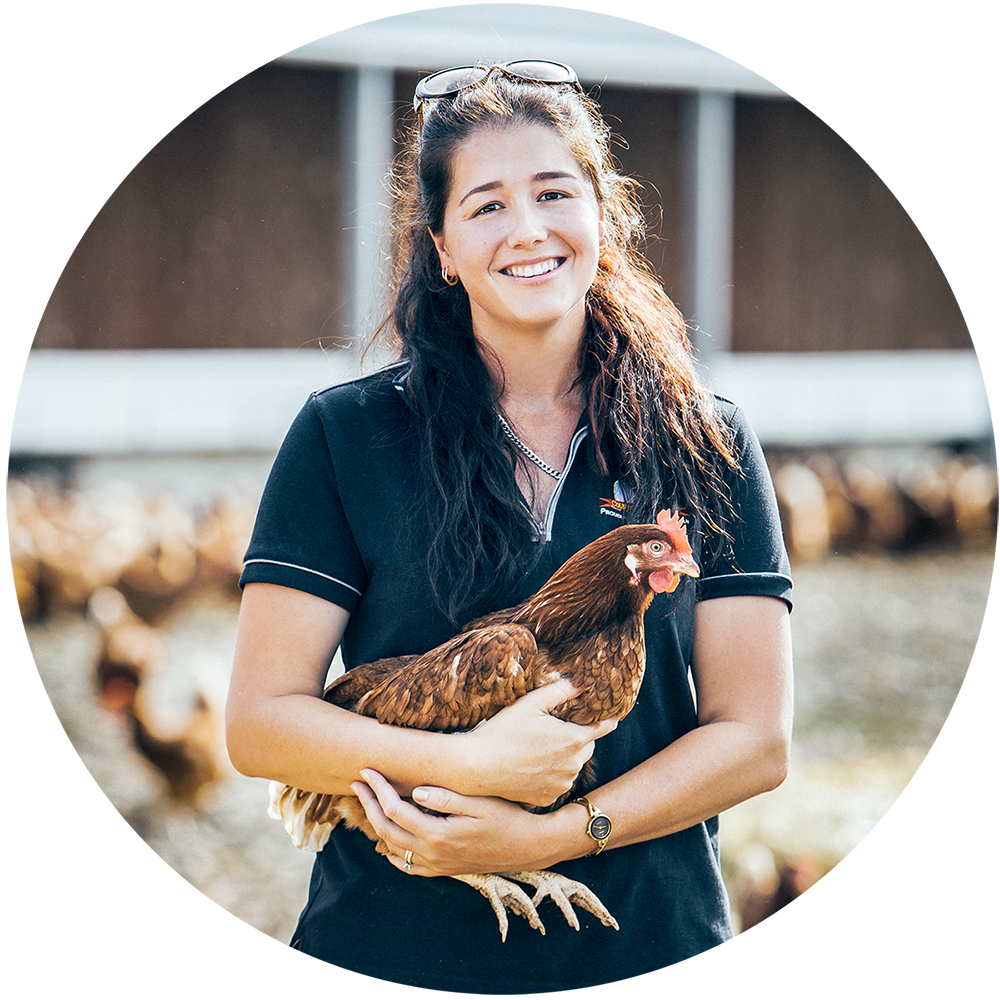
From student to livestock technical manager
Jessica Spencer - Days Eggs
"I am doing exactly what I had hoped to do after leaving university. My degree gave me theoretical and practical skills in a multitude of animal species that I wouldn't have gotten anywhere else, and I use those skills on a day-to-day basis in my job. It opened up a range of careers because of the wide range of topics." - Graduate of the BSc (Animal Science)
M
Microbiologist
You’ll spend your time collecting samples and analysing them, figuring out how microorganisms such as bacteria, fungus, viruses and parasites interact with their environment.
Everything you learn and record is used to better understand and fight diseases or perhaps be used to create yoghurt or the world’s next micro-brew.
Marine biologist
Today’s marine biologists discover deep-sea organisms, research the effects of changing climates and dive on underwater volcanoes.
The next generation will map unexplored oceans, examine new life in high-CO2 worlds and help inform medical miracles by decoding marine creatures’ biological makeup.
N
Nutritionist or dietitian
Improving human health will always be a scientific priority.
Dietetic experts will advance nutrition into new realms of understanding with transformative biotech, enriched edibles and diets streamlined to suit our individual DNA.
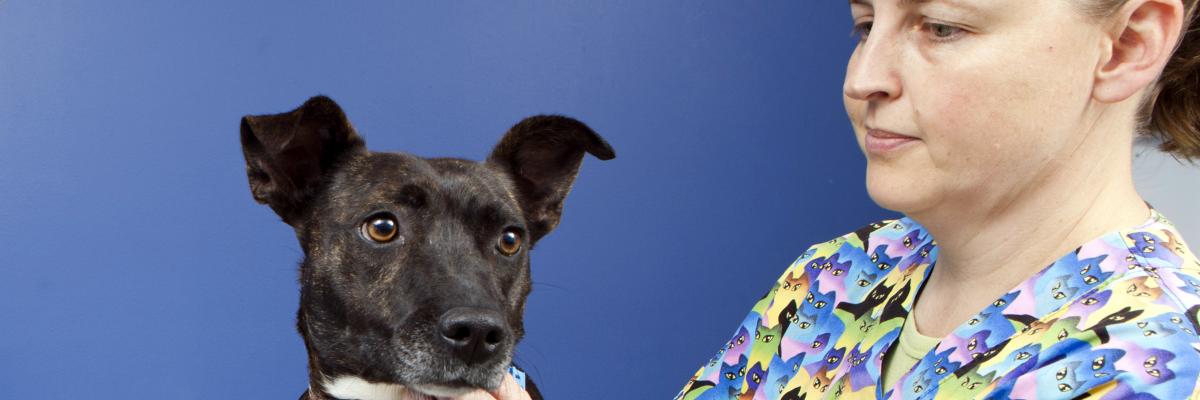
P
Policy officer
Scientists are under increasing pressure to create world-changing interventions; from gene editing to driverless cars, science needs policy officers to ask questions about the social and political implications of these innovations.
As a policy officer you might use your technical knowledge to ensure new environmental legislation is based in sound scientific evidence.
Parks manager
Apply your passion for animals and the environment in a job which promotes awareness, understanding and appreciation of the natural and cultural features of our natural environment. This might include working at a wildlife park, national park or a privately-owned reserve.
Public health scientist
As we move forward, scientific innovation will be critical for regulating health and sustainability, with huge changes in biodiversity management, waste control, pathogen detection and food quality assurance.
Understanding the geographic patterns of health risks and human responses helps improve how and where improvements are needed.
Pharmaceutical engineer/researcher
This growth area is designed to improve the sustainability, efficiency, drug effectiveness and length of time between drug discoveries to delivery.
You might design a process to efficiently produce a new drug quality control; validate production processes and facilities; or design equipment for the pharmaceutical, biotech and healthcare industries.
Q
Quarantine officer
Assist in the identification and control of biosecurity risks and hazards through managing the entry of agricultural and horticultural produce, plants, animals, various microorganisms and viruses that cross national and international borders.
R
Researcher
Australia has numerous federal scientific research organisations, such as the: CSIRO; Defence Science and Technology Group; Australian Antarctic Division; and Australian Institute of Marine Science. South Australia has many too. You’ll do important work and regularly collaborate with universities and industry.
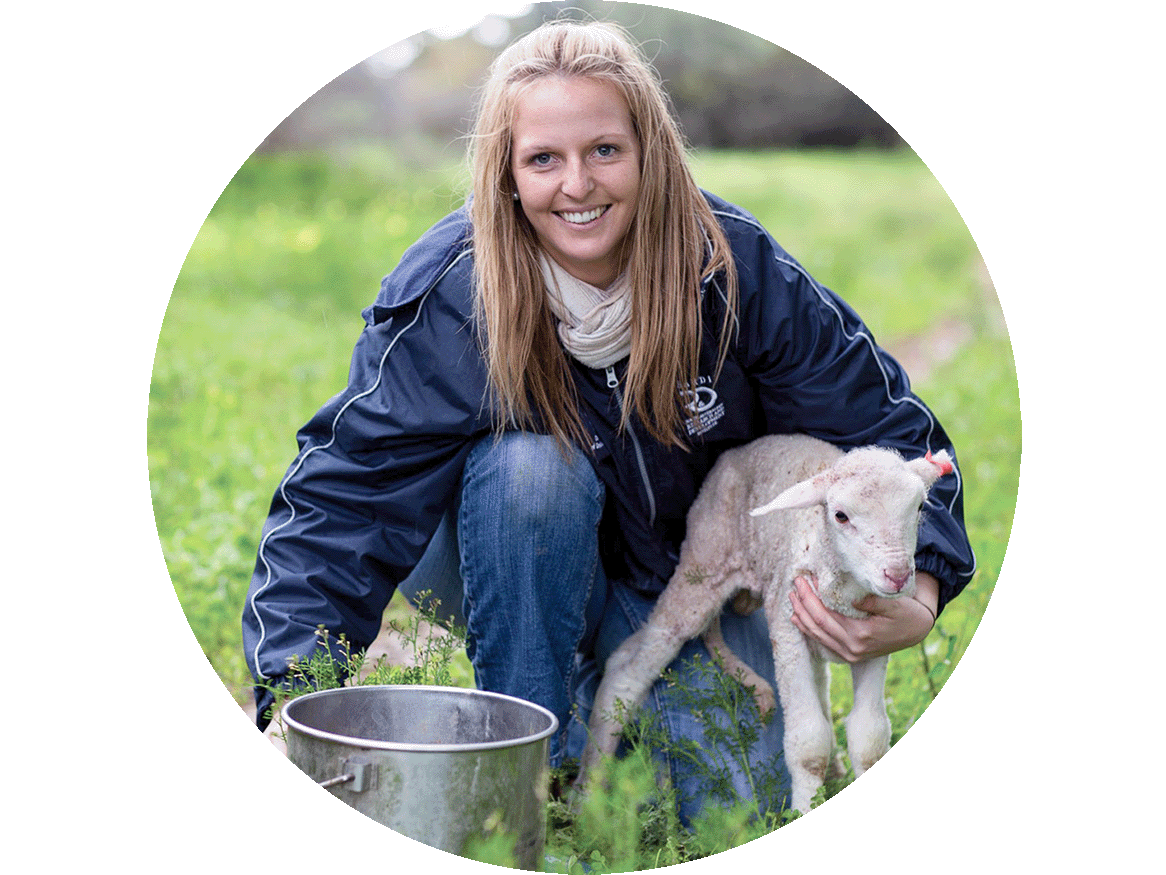
From student to research scientist
Jessica Crettenden - SARDI (Minnipa Agricultural Centre, Eyre Peninsula)
“Field trips and practicals that were run as part of my agriculture degree helped develop my knowledge and was a key reason why I have had success in my career.” - Graduate of the Bachelor of Agricultural Sciences
Rural finance manager
Use your scientific background and understanding of finance to help support and enable farmers to build vibrant businesses.
Research & development manager
What’s your scientific pleasure - astrophysics? How does research with a company like SpaceX sound? Or one of Australia’s growing number of space start-ups?
If biotech’s more your thing, how about R&D for a giant like Samsung Biologics? Perhaps you’d like to consult to organisations like Adelaide’s Futuris Corp on future farming? Research opportunities are everywhere.
S
Specialist
Countless thriving businesses owe their success, in large part, to staff with scientific expertise.
Picture yourself leading R&D for Virgin Galactic, managing environmental sustainability for an ecotourism developer, or overseeing cybersecurity for a major defence contractor.
T
Toxicologist
A toxicologist works to identify, control, and prevent the effects of chemicals on people’s health.
You might choose to work in forensic toxicology to aid with autopsies when poisoning is suspected, or work for a pharmaceutical company to test the safety of new medications. You might even work in a hospital lab to analyse blood and tissue samples to test for traces of drugs or chemicals.
U
University academic
Research universities are absolute hives of scientific discovery. There are over 1,000 in the world - and Adelaide Uni is one of them.
Academics generally combine research, teaching and administrative duties and regularly collaborate with leading companies and research organisations all over the globe.
V
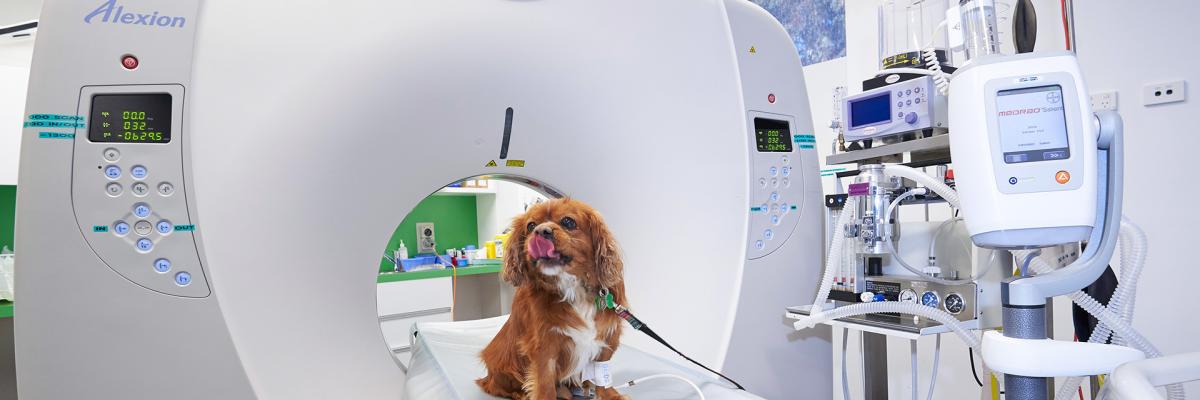
Veterinarian
As a vet you will spend your time diagnosing, treating and preventing the illnesses of animals such as dogs, cats, horses, cattle, sheep, poultry or wildlife.
New innovations in technology enable vets to specialise in areas such as orthopaedic surgery, endoscopy or CT scans or you might follow a career path into research, government work or biosecurity.
NOTE: To become a vet you will need to study maths and chemistry in Year 12.
Veterinary technician
Are you a team player who loves animals?
As a 'Vet Tech' you will be a key member of a veterinary practice, assisting with surgery, monitoring anaesthetics, nursing patients, running lab tests and maintaining the sterility and cleanliness of the facilities. You may also choose an alternative career path such as working for a pharmaceutical or nutrition company.
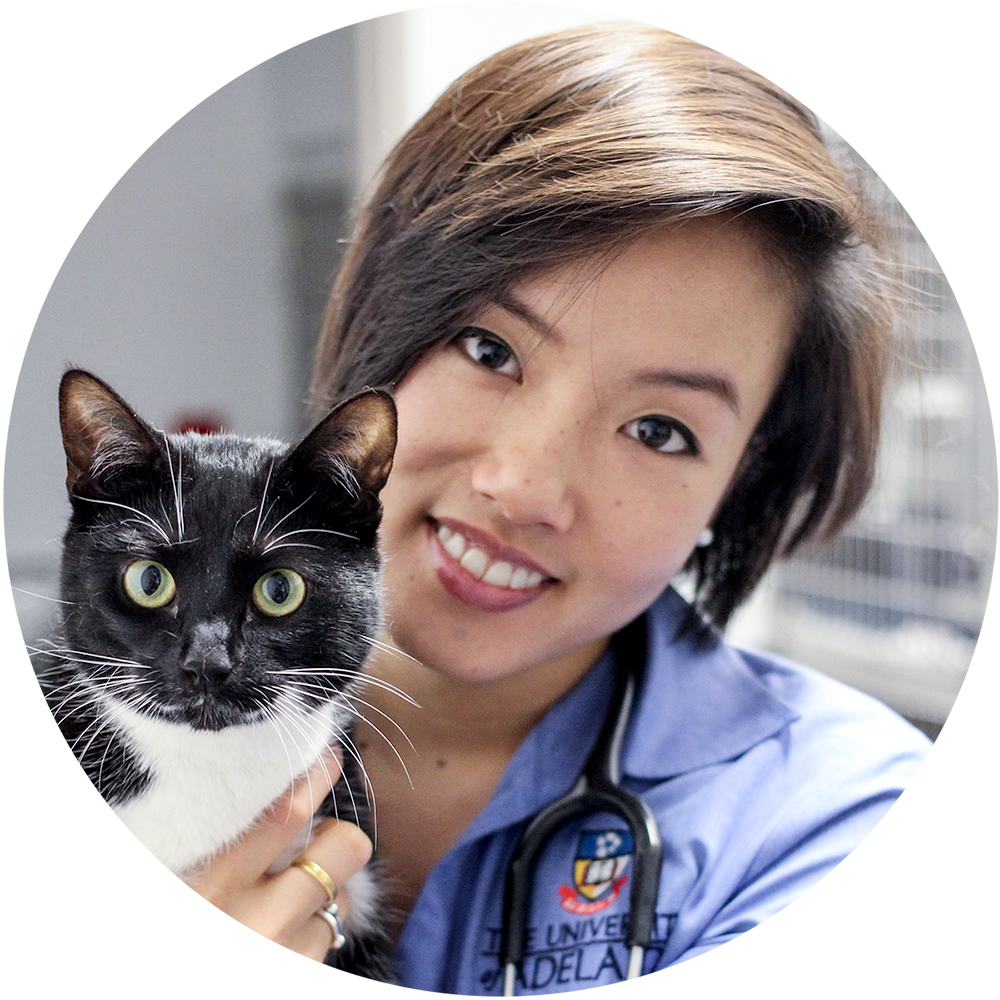
From student to veterinary ultrasonographer
Manhei Ma - Hong Kong Mobile Veterinary Ultrasound Service
"Studying an internationally recognised veterinary degree has opened doors for me to work as a veterinarian in large and small animal general practice, specialist hospitals and non-profit animal organisations, both within Australia and overseas." - Graduate of the BSc (Veterinary Science) / Doctor of Veterinary Medicine
W
Wildlife conservationist
Wildlife workers the world over are busy managing nature preserves, reconstructing habitats for endangered animals and leading breeding programs in sanctuaries.
Conservation in the coming years will mean drones and AI in the field, safeguarding at-risk species through cryopreservation and facial recognition technology for fish.
Z
Zoologist
Bugs, birds, beasts of the land - there are endless personalities and mysteries to unpack in the animal kingdom.
Tomorrow’s zoologists and wildlife biologists will use next-gen software, analytics and equipment to learn more about the animal world, protect life, and experiment in the lab.
From student to zookeeper
Michelle Birkett - Adelaide Zoo
"I loved the practical work we did alongside experts in the field and opportunities to help with research. I use knowledge i gained from my degree regularly in my career as a zookeeper.” - Graduate of the BSc (Animal Science)
What will you study?
- Bachelor of Agricultural Sciences
- Bachelor of Science
- Bachelor of Science (Advanced)
- Bachelor of Science (Animal Behaviour)
- Bachelor of Science (Animal Science)
- Bachelor of Science (Marine Biology)
- Bachelor of Science (Veterinary Bioscience)
- Bachelor of Science (Wildlife Conservation Biology)
- Bachelor of Teaching (Middle) with Bachelor of Science
- Bachelor of Teaching (Secondary) with Bachelor of Science
- Bachelor of Veterinary Technology
- Honours Degree of Bachelor of Science
- Honours Degree of Bachelor of Science
- Honours Degree of Bachelor of Science (Advanced)
